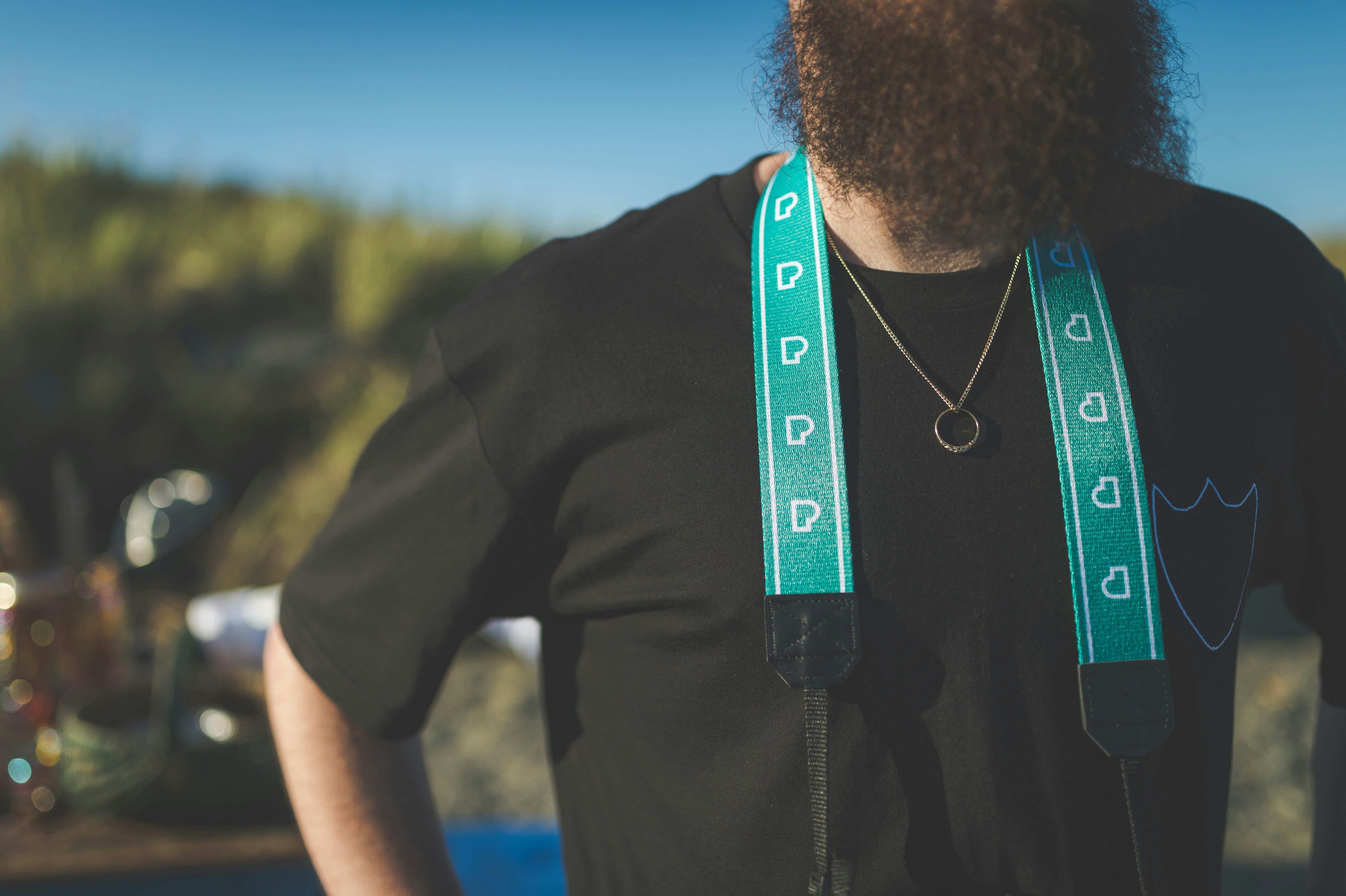Male baboons opt for paternal responsibilities - Berber monkeys, particularly males, exhibit a strong paternal instinct
Barbary Macaques in Salem Zoo Offer Unusual Paternal Care
Male Barbary macaques in the Tierpark Affenberg-Salem on Lake Constance take a significant role in raising their offspring, park director Roland Hilgartner revealed. This care includes relieving the mothers and providing loving attention to the babies, contrary to the belief that fathers only take part in the rearing process during Father's Day.
After birth, the young Barbary macaques spend most of their time with their mothers, but the fathers also share in their care. According to Hilgartner, the male macaques are responsible for the babies' tender care, alleviating the mothers' burdens. Additionally, the fathers interact with other fathers and their offspring, building social connections within the group.
The Barbary macaques at the Affenberg-Salem live in a large, forested enclosure that spans approximately 20 hectares, making it Germany's largest monkey enclosure. There are around 200 Barbary macaques residing in this natural environment. The park has welcomed four baby monkeys since April, as confirmed by Hilgartner.
While Barbary macaques do not typically exhibit classic family structures, they coexist in larger groups rather than pairs or families. Since females in the species have multiple mating partners, determining paternity is difficult. However, male macaques maintain a steadfast commitment towards caring for the group's infants, despite uncertain paternity. The babies could potentially be their own offspring.
Salem is expected to welcome more baby monkeys even after Father's Day. Hilgartner anticipates two to three more monkey births this year, though the sexes remain undetermined at this time.
Approximately five to fifteen monkey babies are born in the park annually, but spotting pregnant mothers can be challenging. Due to their spring nutrition habits, mothers' pregnancies are often difficult to detect.
Research suggests that Barbary macaque fathers are more involved caregivers than many other primate species, exhibiting protective, grooming, and play behaviors towards infants. As a result, these fathers play a crucial role in bolstering social bonds and ensuring infant survival and development, not only on symbolic occasions like Father's Day, but throughout the year.
The park's community policy encourages the inquiry and education about the unusual paternal care practices of Barbary macaques, emphasizing the importance of their health-and-wellness for both parents and offspring. The employment policy allocates dedicated staff to observe and document these practices, contributing to ongoing scientific research about the species' behavior.







